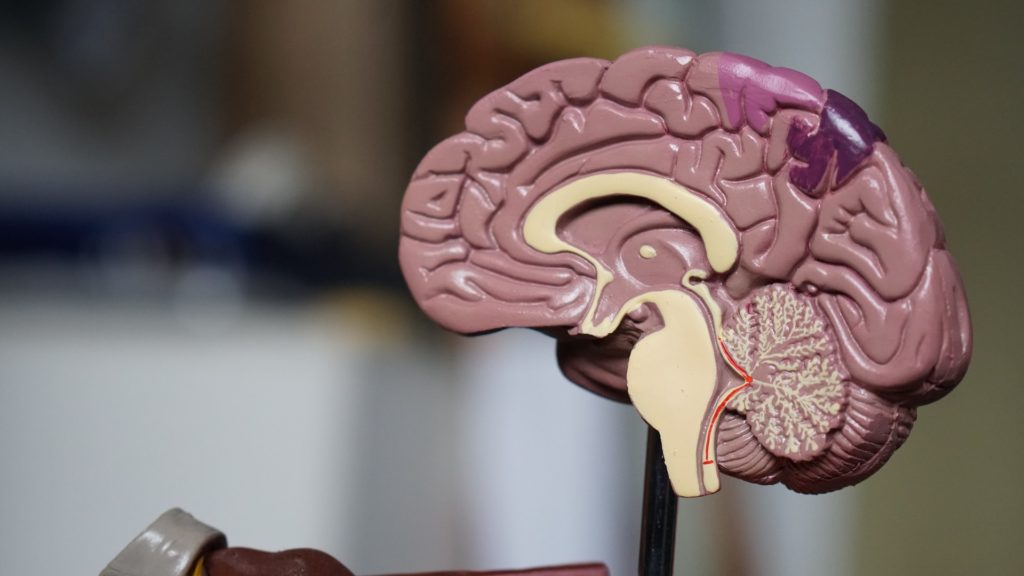Interested in Becoming a Contributor?
Tell us about your idea. Nearly any subject related to the science of mindfulness is fair game.
(Martelli, Chester, Brown, Eisenberger, & DeWal, 2018)


Developing and maintaining relationships is considered a fundamental need and people lean on this as motivation when conducting interpersonal interactions. Social rejection can hinder this drive to connect. Distress as a result of experiencing rejection can lead to a variety of negative affect, including but not limited to anxiety and depression. Due to these outcomes, research on how individuals can adapt to rejection has become necessary.
There has recently been a growing body of research that suggests that mindfulness can serve as an effective regulating factor of emotional responses to evocative stimuli. There are indications that mindfulness is effective at down-regulating the effects of rejection, and does so differently from other emotion regulation strategies that are commonly studied, such as reappraisal. However, there is little evidence on the emotional regulatory effects of mindfulness on distress related to rejection.

A study led by Alexandra Martelli investigated whether more mindful individuals (based on self-report measure scores) would respond to social rejection with less distress and if certain neurological mechanisms in the brain’s prefrontal cortex can potentially explain the role of mindfulness in reduced social distress. The prefrontal cortex is an area of the brain responsible for measuring distress in people and by observing its activity, correlations can be determined with social triggers, and if mindfulness impacts it. The study looked at 40 neurologically and psychologically healthy undergraduate students. The study included self-report measures meant to capture mindfulness and social distress. Students also participated in a social rejection task while undergoing fMRI scans. Participants completed a set of pre-paradigm/scan questionnaires, administered the paradigm, then were administered a post-paradigm/scan set of questionnaires.
“The study’s outcomes support the theory that mindfulness may act as a form of implicit emotion regulation where individuals higher in mindfulness may be more effective in regulation of their negative emotions because they are not overtaxing their prefrontal regions implicated in emotion and self-regulation.”
Study results showed that more mindful participants reported less social distress approximately one hour after being socially rejected, which was consistent with recent research findings employing a similar social exclusion intervention. The present results supported the value of mindfulness as an effective means of managing distress relating to social rejection. Regarding the study’s second objective, the attenuated activation in the brain’s prefrontal cortex might explain the association between mindfulness and reduced social distress. Prefrontal cortex activation during social rejection is negatively related with trait mindfulness, and this lowered activation may explain the link between mindfulness and social distress. Furthermore, study results suggest that mindful individual’s reduced prefrontal recruitment may be effective in regulating social distress.
The study’s outcomes support the theory that mindfulness may act as a form of implicit emotion regulation where individuals higher in mindfulness may be more effective in regulation of their negative emotions because they are not overtaxing their prefrontal regions implicated in emotion and self-regulation. However, further studies are needed with increasingly diverse samples, and individuals who are uniquely challenged with social rejection, such as those diagnosed with social anxiety.